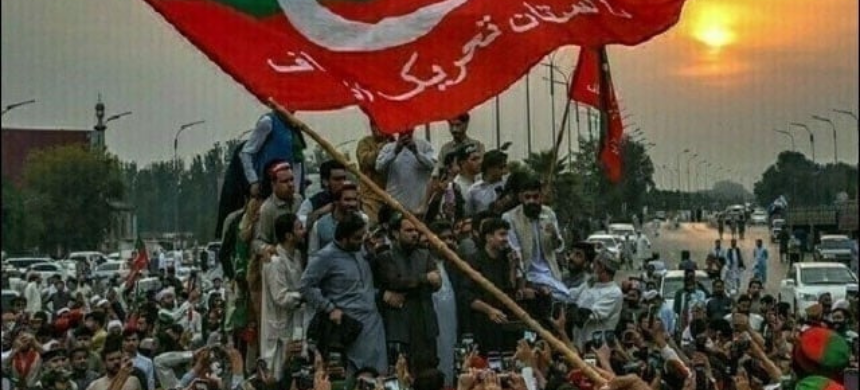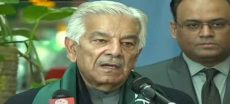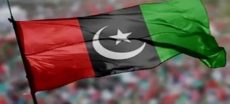Despite sweeping bans, mass arrests, and tight security measures, Pakistan Tehreek-e-Insaf (PTI) has launched a large-scale protest movement across the country, demanding the immediate release of its jailed founder, Imran Khan, who has been behind bars for two years.
PTI supporters, lawmakers, and leaders have defied Section 144 restrictions and are demonstrating in all four provinces and Azad Jammu and Kashmir. The protests have triggered memories of major political movements from Pakistan’s past.
Adiala Jail in Rawalpindi, where Imran Khan is incarcerated, has become the focal point of the unrest. A heightened security operation has been launched around the prison, with police checkpoints and barricades in place to stop PTI members from reaching the site.
PTI is reportedly planning a surprise march toward Adiala Jail, led by Khan’s sister Aleema Khan and other senior figures. Meanwhile, Secretary General Salman Akram Raja has approached the Islamabad High Court to seek clarification on potential charges, fearing imminent arrest.
Former NA Speaker Asad Qaiser also reaffirmed that PTI will continue its push for Khan’s release, rejecting any secret negotiations, even as arrests intensify.
Authorities have enforced Section 144 in Islamabad and Rawalpindi, banning all protests, sit-ins, and gatherings of more than five people, citing “serious threats to national security and critical infrastructure.”
Despite these restrictions, PTI workers in Lahore have faced door-to-door raids, with many detained. Local leaders condemned the crackdown but vowed that demonstrations would go ahead as planned.
For security and management purposes, Section 144 Enforced in Rawalpindi to Tackle PTI Protest.











